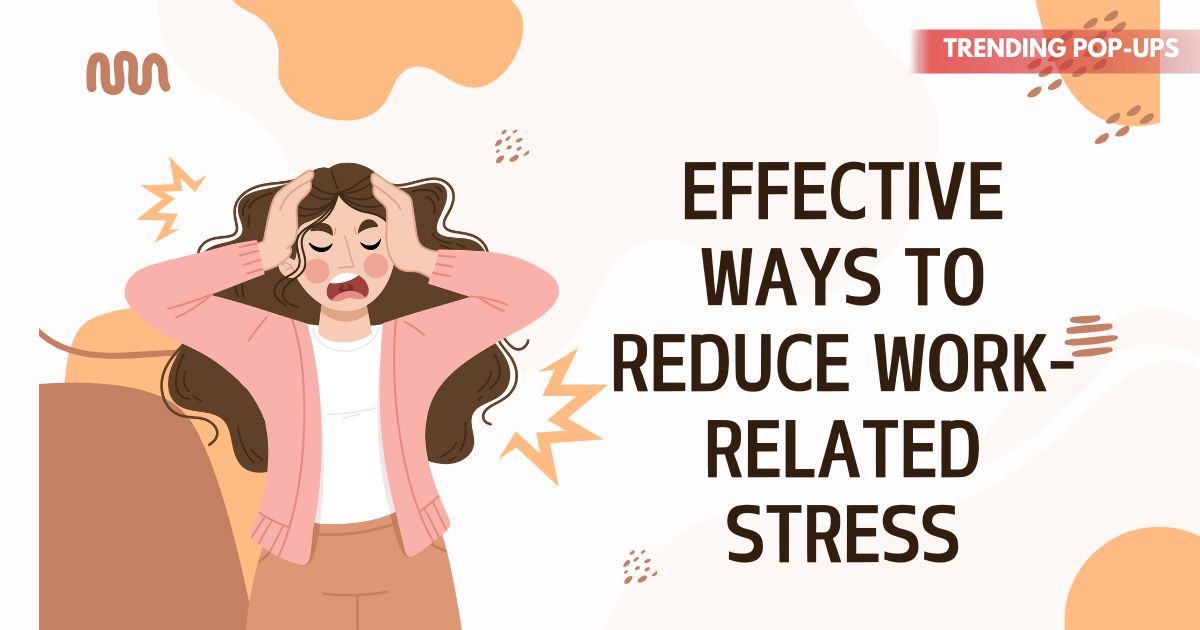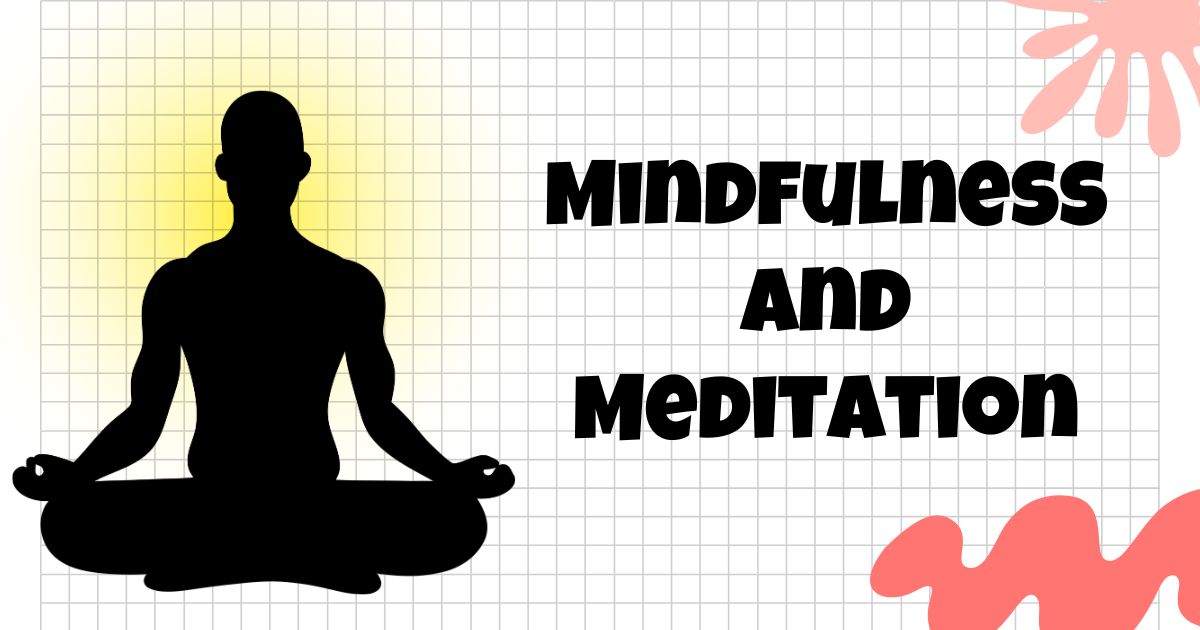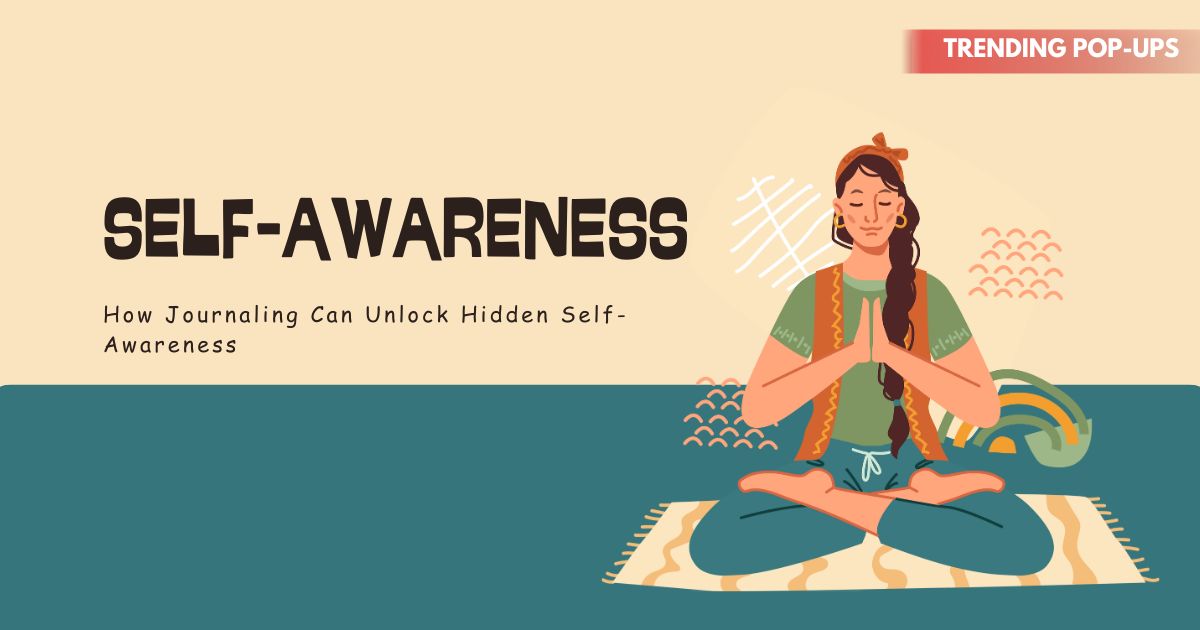In today’s fast-paced work environment, stress has become an unavoidable part of professional life. Whether it’s meeting deadlines, handling long hours, or managing workplace conflicts, many employees experience mental and physical strain. While occasional stress can be a motivator, chronic work-related stress can harm health, productivity, and overall well-being. The good news is that there are practical and effective ways to reduce work-related stress and create a healthier work-life balance.
This article explores simple yet powerful strategies that can help professionals manage workplace stress while improving productivity and quality of life.
Understanding Work-Related Stress
Work-related stress occurs when job demands exceed a person’s ability to cope. It may be caused by tight deadlines, excessive workload, lack of control, unclear expectations, or poor work relationships. Prolonged stress can lead to burnout, anxiety, depression, sleep problems, and even cardiovascular issues. Identifying the causes is the first step toward managing and reducing stress effectively.
1. Practice Time Management
Poor time management often increases stress levels. Learning how to prioritize tasks can create a sense of control and reduce unnecessary pressure.
-
Break large projects into smaller, manageable tasks.
-
Use productivity tools or planners to organize daily schedules.
-
Apply the Eisenhower Matrix (urgent vs. important) to prioritize tasks.
-
Avoid multitasking, which can lead to mistakes and frustration.
When time is managed efficiently, employees can accomplish more with less stress.
2. Create Healthy Work Boundaries
One of the main causes of workplace stress is the inability to disconnect from work. Setting clear boundaries helps protect personal time and mental health.
-
Avoid checking emails after work hours.
-
Communicate limits to colleagues and supervisors.
-
Take regular breaks during the workday to recharge.
Maintaining boundaries ensures a better work-life balance and prevents burnout.
3. Incorporate Physical Activity
Exercise is a natural stress reliever that boosts energy, improves mood, and reduces anxiety. Even a short daily workout can make a big difference.
-
Take short walks during breaks.
-
Stretch or practice yoga to release tension.
-
Use stairs instead of elevators for extra movement.
Regular physical activity increases endorphin production, making employees more resilient to stress.
4. Practice Mindfulness and Relaxation Techniques
Mindfulness allows individuals to focus on the present moment instead of worrying about the past or future. Relaxation techniques can calm the mind and reduce stress responses.
-
Try deep-breathing exercises when feeling overwhelmed.
-
Practice meditation for a few minutes daily.
-
Use apps for guided mindfulness sessions.
Mindfulness enhances focus, emotional stability, and overall mental clarity.
5. Build Positive Workplace Relationships
Supportive colleagues can help reduce workplace stress significantly. Positive relationships foster teamwork, collaboration, and emotional support.
-
Communicate openly and respectfully.
-
Offer and seek help when needed.
-
Participate in team-building activities.
Having a reliable support system at work makes challenges easier to handle.
6. Organize Your Workspace
A cluttered desk often leads to a cluttered mind. An organized workspace can improve efficiency and reduce unnecessary stress.
-
Keep only essential items on your desk.
-
Use storage solutions for better organization.
-
Personalize your space with calming items like plants.
A clean and organized environment encourages productivity and reduces distractions.
7. Seek Professional Support
Sometimes stress may feel overwhelming despite best efforts. In such cases, seeking professional support is a healthy step.
-
Consult a therapist or counselor for coping strategies.
-
Join workplace wellness programs if available.
-
Speak to HR about adjustments or resources to manage stress.
Professional support ensures stress is addressed before it escalates into burnout or health problems.
8. Maintain a Healthy Lifestyle
A strong foundation of good health makes handling stress easier. Small daily choices can impact overall well-being.
-
Eat a balanced diet rich in whole foods.
-
Stay hydrated throughout the day.
-
Get at least 7–8 hours of sleep regularly.
-
Limit caffeine and alcohol intake.
A healthier lifestyle enhances resilience to stress and improves overall productivity.
9. Learn to Say No
Many employees experience stress because they take on too many responsibilities. Learning to say no when workload becomes overwhelming is essential.
-
Decline tasks that are beyond capacity.
-
Offer alternative solutions instead of complete refusal.
-
Prioritize personal well-being over unnecessary obligations.
Saying no is not a weakness but a way to protect energy and mental health.
10. Take Breaks and Use Vacation Time
Rest is as important as hard work. Taking breaks restores focus and prevents mental fatigue.
-
Follow the Pomodoro Technique (work for 25 minutes, rest for 5).
-
Step away from your desk for lunch instead of working through it.
-
Use vacation days to fully disconnect from work.
Resting helps refresh the mind and enhances long-term productivity.
Conclusion
Work-related stress is a common challenge, but it doesn’t have to control your life. By practicing time management, setting boundaries, incorporating exercise, and embracing mindfulness, employees can reduce stress while maintaining productivity. Building positive relationships, staying organized, and seeking support further strengthen resilience. Ultimately, a balanced lifestyle and proactive strategies are the keys to maintaining well-being in today’s demanding work environment.
Taking small but consistent steps can create a healthier, happier, and more productive professional life.
Also Read : The Role of Meditation in Stress Management – Benefits, Techniques & Tips
FAQs
Q1. What are the main causes of work-related stress?
Common causes include heavy workloads, tight deadlines, lack of control, poor communication, and workplace conflicts.
Q2. How can I quickly reduce stress at work?
Practice deep breathing, take a short walk, or step away from your desk for a few minutes to reset your mind.
Q3. Can exercise really help reduce workplace stress?
Yes. Exercise releases endorphins, which improve mood, reduce anxiety, and boost energy levels.
Q4. What role does sleep play in stress management?
Adequate sleep improves focus, decision-making, and emotional balance, making it easier to handle stress.
Q5. When should I seek professional help for work-related stress?
If stress leads to persistent anxiety, depression, or health issues, seeking help from a counselor or therapist is highly recommended.



